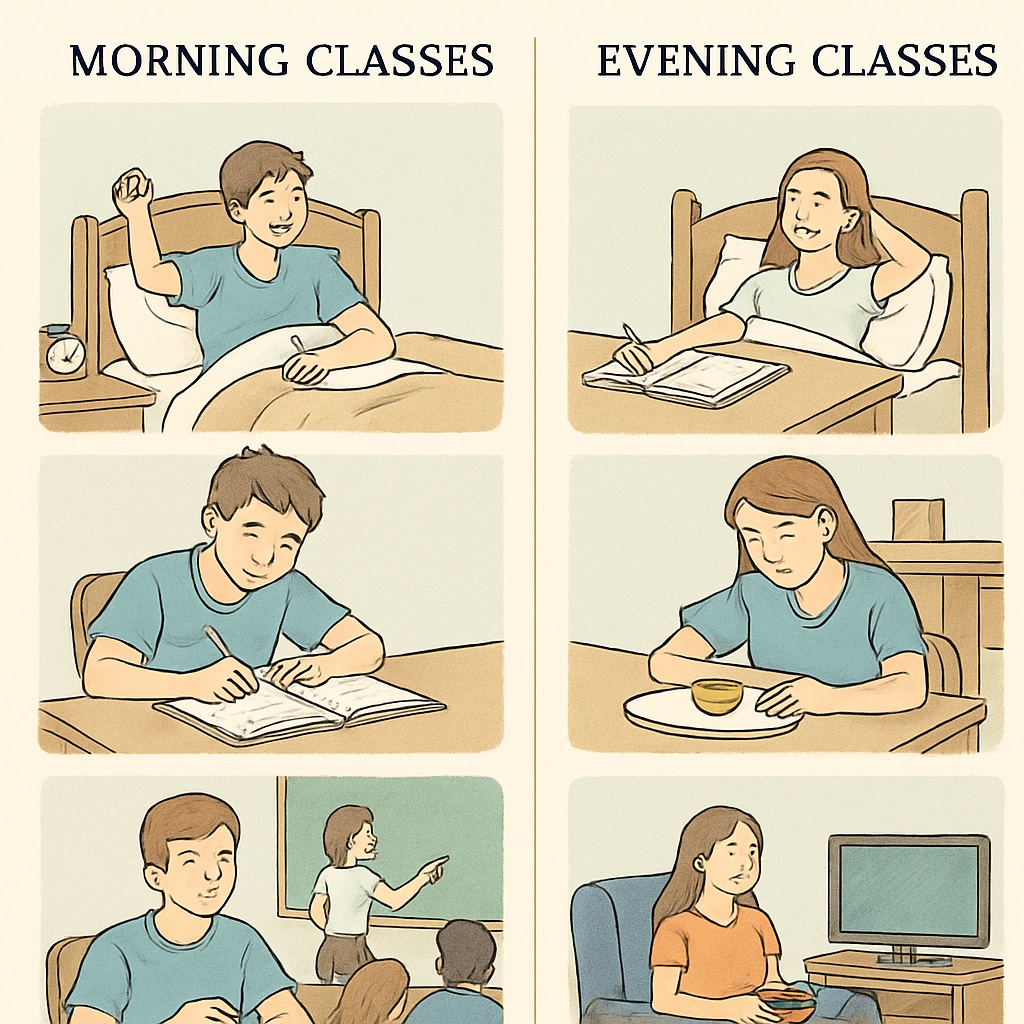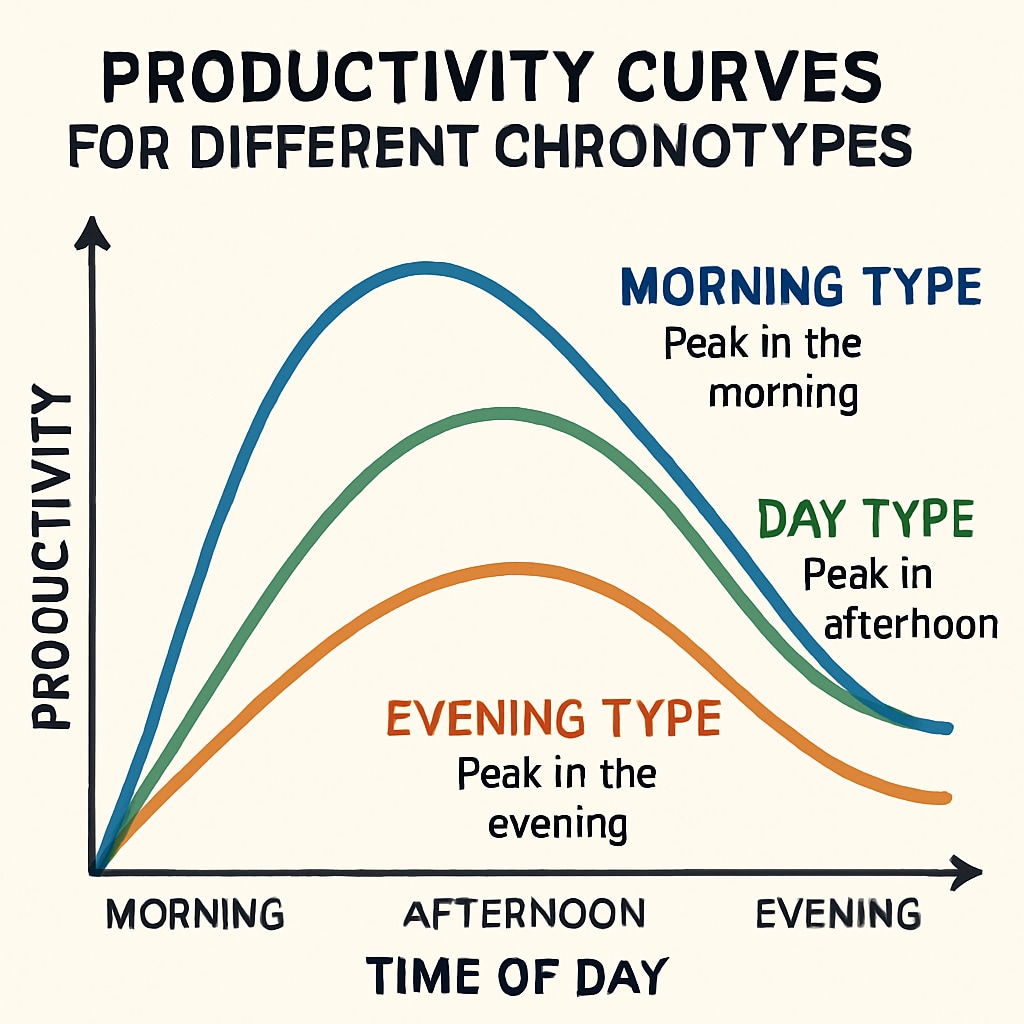College course scheduling is a critical decision that impacts academic performance and daily life. When choosing between morning (9 AM–12 PM) and evening (4 PM–7 PM) classes, students must weigh factors like circadian rhythms, focus levels, and extracurricular commitments. This guide provides actionable strategies to make informed scheduling choices.

The Science of Optimal Learning Times
Research from the National Sleep Foundation shows 60% of people peak cognitively between 10 AM–2 PM. However, “night owls” perform better in late-afternoon sessions. Consider these factors:
- Morning classes: Higher attendance rates (study by University of Nevada)
- Evening classes: 23% more participation in discussions (Journal of Educational Psychology)

Practical Scheduling Considerations
Beyond biological preferences, evaluate these logistical aspects:
- Commute times (traffic patterns differ)
- Work/internship commitments
- Meal schedules and energy levels
As noted in Britannica’s time management guide, successful students often mix class types rather than clustering all courses in one timeframe.
Pro Tip: Use your college’s course registration system to simulate different schedules before finalizing. Many institutions provide digital planners specifically for this purpose.


